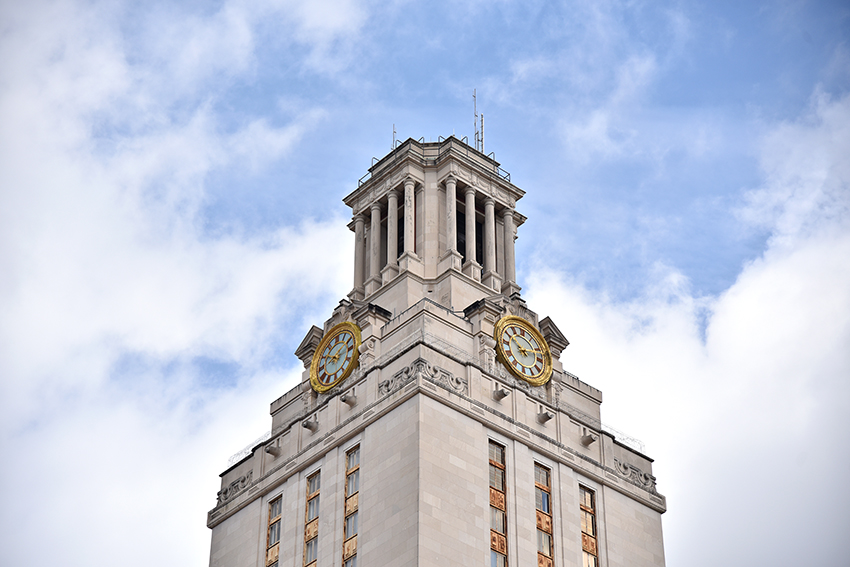It’s not pragmatic. Nothing is truly free — it will come out of my pocket. Sure, it works in Denmark, but we’re much larger than Denmark.
The platitudes commonly used to argue against tuition-free college are misguided. As tuition has gone up, college has become an economic necessity. Free tuition helps to alleviate these economic barriers.
In 2013, the hourly wages of Americans with a four-year college degree eclipsed the wages of those lacking a college degree by 98 percent. Despite the importance of a college degree, insurmountable student loan debt has led to young Americans postponing lauded staples of the American Dream, such as buying a home or starting a business.
Free college isn’t even an exclusively Scandinavian idea; it has roots here in the United States. The University of California System was tuition-free for in-state residents until 1970. Fast forward to 2016, and tuition fees at the flagship UC Berkeley have skyrocketed to $13,518 for Californians. Berkeley is a bellwether for other American public universities whose accelerated tuition hikes have resulted in $1.2 trillion of student loan debt.
On the other hand Tennessee’s free community college plan, Tennessee Promise, has yielded remarkable results. Eighty-three percent of students enrolled in Tennessee Promise re-enrolled the following year. The national re-enrollment rate for community college students was only 42 percent during the first year of the program. Tuition termination doesn’t have to burden the average American. New York’s experiment with abolishing tuition fees could save the average middle-class family $25,880 in college expenses. Not to mention the innumerable economic benefits of enhanced job satisfaction, greater earnings, lower poverty rates and reduced unemployment which come along with a college degree.
The United States has vast amounts of untapped tax revenue which can pay for tuition-free college. During the 2016 election, Senator Bernie Sanders (I-Vt.) proposed a $75 billion tuition-free college proposal. Two-thirds of his proposal would be paid by a small Wall Street speculation tax, which would predominantly affect wealthy Americans. Reshuffling state and national funds to enable young people to reach their full potential is an investment worth considering.
Free tuition might also pushback against rampant inequality. College students hailing from wealthy families are significantly more likely to attain economic success than their less affluent peers. Predictably, UT Austin currently has a disproportionate amount of students from the top 1 percent.
Our own university has fallen victim to a legislature which now only foots 12 percent of the total bill. Tuition deregulation has allowed the legislature to neglect public universities. Consequently, students have had to contribute $1.63 for every $1 spent by the state on public university funding. Prior to tuition deregulation, students only had to spend $0.33 for every $1 spent by the state. As other nations and states increasingly look to the future and abolish tuition fees we’re regressing and placing an even greater burden on students.
We must ensure that public universities remain accessible to all income brackets, rather than gentrifying them into Harvard-lite. The idea that colleges will become less competitive if they’re tuition-free is fallacious. Colleges won’t uniformly abolish their admission standards just because tuition is removed.
Instead, qualified students who previously could not attend a university due to economic circumstances, rather than academic ability, would now be able to. Enabling less affluent Americans to reach their full, respective potential would be a pivotal step in transforming our nominal meritocracy into a truly merit-based system.
Shaholli is a government and sociology junior from Manor, TX. He is a guest columnist.





















